Pilgrims in Time
April 15, 2018Four carved bishops keep vigil above the threshold to Canterbury Cathedral. The filigree of sculpture surrounding them is as airy as lace, though crafted of stone. It looks as if it could rise upon wind…
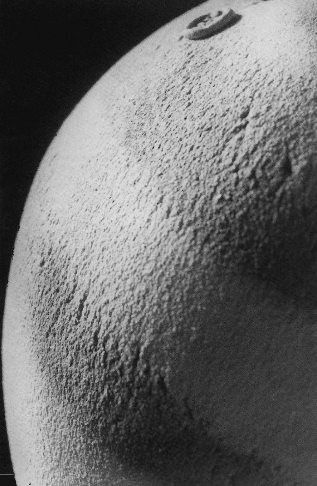
Four carved bishops keep vigil above the threshold to Canterbury Cathedral. The filigree of sculpture surrounding them is as airy as lace, though crafted of stone. It looks as if it could rise upon wind…
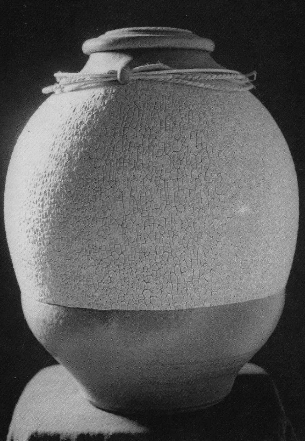
Growing old in the last part of the twentieth century is unlike anything that has gone before. The population of older people in the United States has increased dramatically, rising from 18 million in 1965 to more than 29 million in 1987 (U.S. Bureau of the Census 1988, 15). By the year 2020, those over sixty-five will comprise 20 percent of the population (Holden 1987, 272). Those over eighty make up the fastest growing group, and the number of 100-year-olds will triple by the turn of the century (Maxwell 1987, 710).
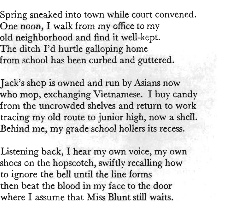
The hush that sheathes the road is sure and slow.
My lights suspend a galaxy of flakes:
The silence is as haunted as the snow.
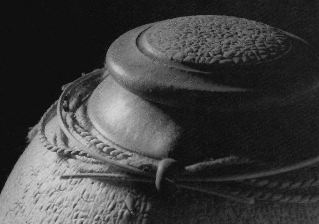
Christian doctrine, from Paul’s injunction, “Mortify the deeds of the body” (Rom. 8:13), to King Benjamin’s declarative, “The natural man is an enemy to God” (Mosiah 3:19), teaches the death of the natural man, the…
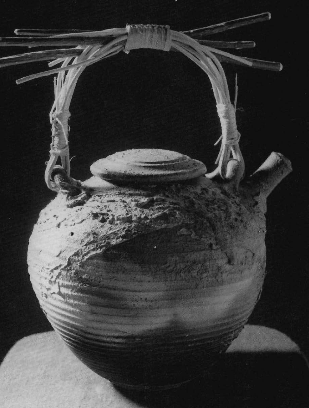
Everything means something. When I write a list of food names on a long, narrow sheet of paper, not only the words themselves but the form in which they are written indicate this is a…
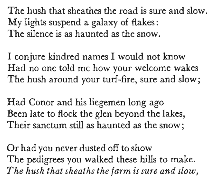
Spring sneaked into town while court convened.
One noon, I walk from my office to my
old neighborhood and find it well-kept.
The ditch I’d hurtle galloping home
from school has been curbed and guttered.
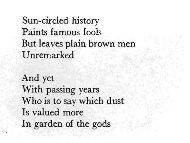
cop and father, he cautioned us of more
than boogeymen and fire, in case of snakes,
freeze where you are, same for skunks and por-
cupines, brave enough to tromp on cracks,

In the center of Salt Lake City, two important traditional Mormon symbols confront each other across Main Street: the angel on the temple spire and the beehive atop the now-closed Hotel Utah.[1] While the beehive…
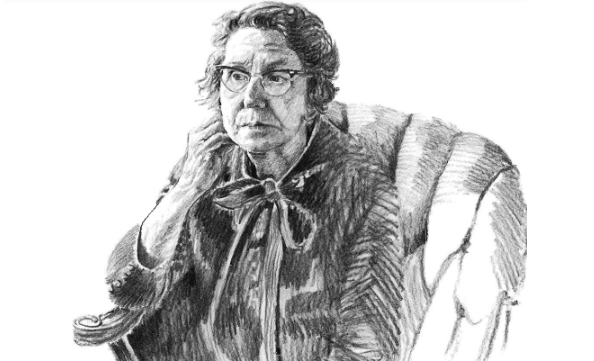
I have recently finished writing a biography of Juanita Brooks. The fame of this Mormon housewife and teacher from Utah’s Dixie resides in the definitive books she authored about the Mountain Meadows massacre and its…
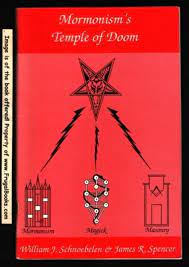
The lurid title notwithstanding, this little book is not a sequel to Indiana Jones, but rather an expose of damning parallels between Mormonism, magic, and Masonry. The authors (most of the story is Schnoebelen’s, with…